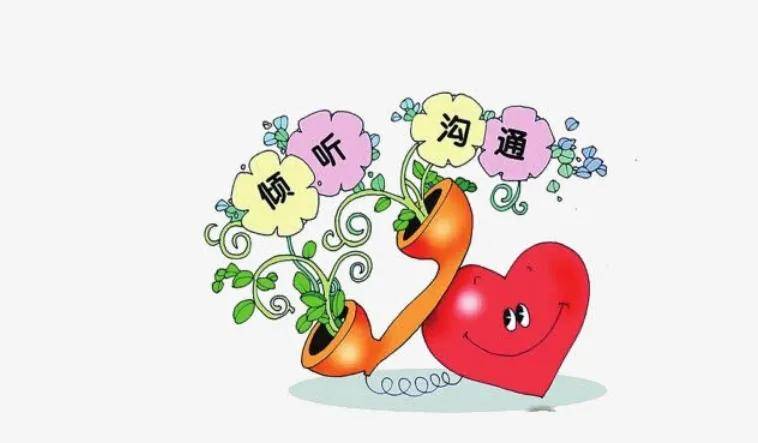When patients experience psychological impact due to illness, you can do the following or seek professional assistance:
Encourage patients to express their feelings. You may want to pretend to be relaxed or deliberately act as if everything is fine, but that won’t make both of you feel better. Even though you are not the one directly affected, your feelings must not be easy. You may openly face your own feelings of being impacted, accompany patients with your genuine emotions, support each other, and be there for the patients.
You may not necessarily agree with the patient’s views on the illness, but you can set aside judgment, avoid rushing to advise or comfort, and instead try to understand and accept the patient’s emotional reactions at this moment. The greatest support you can provide is to listen to the patient’s thoughts and emotional feelings, and accept their emotions.
Sometimes, physical contact, like a warm hug or holding hands, can also convey empathy and support. If possible, let the patient know that you both help each other, need each other, and that you also need their opinions and support.
When a family member is ill, your original life and planned arrangements may also be affected, so there may be some resentment and unwillingness. But this is neither your nor the patient’s fault. Remember to accept your true feelings and seek relevant resources for assistance, rather than facing it alone with the patient.
Whether it’s the patient or the family, if there are emotional adjustment issues, actively communicate with family members and find appropriate methods.
Professional psychological counseling services
Through counseling by psychologists, help patients and families relieve various physical and psychological stresses, find effective ways to adjust to stress, face and accept the current situation, and provide one-on-one individual or family counseling.
Family support groups
By communicating with family members, learning caregiving skills and channels for emotional catharsis, you can also find meaning in your own life through activities.
More outdoor activities
Encourage patients or family members to take the patient out for activities, whether near or far, such as going to parks or traveling, exposing them to new things and changing the environment, which can be very helpful for the patient’s mental well-being.
Family decompression activities
Through different activity arrangements, provide family members with suitable outlets for expression, relieve physical and psychological stress, promote holistic health, and improve the quality of life and care.
Amyotrophic lateral sclerosis (ALS) is classified in traditional Chinese medicine as a category of “Wei” syndrome. The typical symptoms of this disease include muscle weakness, muscle atrophy, limb numbness, unsteady gait, and difficulty in breathing.
In the “Huangdi Neijing-Suwen-Wei Lun,” the etiology and treatment of myasthenia gravis are clearly outlined.
In the treatment of motor neuron diseases, it varies according to the individual. Motor neuron diseases involve a combination of multiple symptoms. Patients may experience not only muscle atrophy but also difficulty in swallowing, coughing while eating or drinking, general weakness, numbness in limbs, delayed reflexes, and other symptoms. Therefore, a treatment approach that involves “strengthening the body” needs to be considered.
The dynamic balance between pathogenic and healthy factors has a significant impact on the occurrence, development, changes, and prognosis of diseases. The occurrence and development of diseases are actually processes of struggle between healthy and pathogenic factors. If the body’s healthy energy is sufficient, the body has enough disease resistance, and diseases will not occur or will occur less frequently. However, if the body’s healthy energy is insufficient, diseases may occur frequently. Moreover, insufficient healthy energy after the onset of a disease and excessive pathogenic factors may lead to disease deterioration. Therefore, traditional Chinese medicine believes that the key to treating diseases lies in aiding healthy energy and eliminating pathogenic factors, known as “Fu Zheng Qu Xie.” “Fu Zheng” involves the use of medications or other treatment methods to strengthen the body and enhance its disease resistance ability to overcome the disease, while “Qu Xie” involves removing pathogenic factors from the body to help the body restore health.
The combination of “treating myasthenia gravis by focusing on the Yang Ming” and “strengthening the body” to enhance healthy energy, improve the body’s ability to resist and eliminate diseases, can effectively control the progression of myasthenia gravis and alleviate symptoms.
Traditional Chinese medicine has a crucial role in the late-stage medication matching. With extensive experience in treating diseases, a more accurate medication combination can lead to more ideal therapeutic effects.


